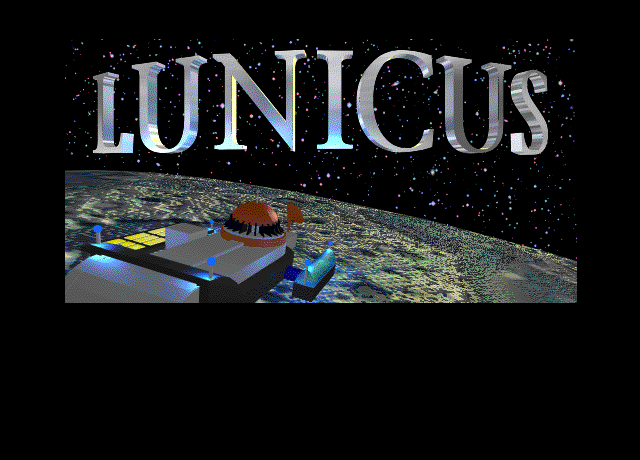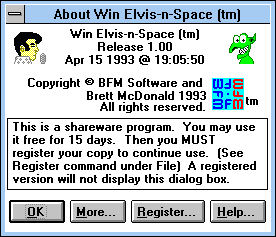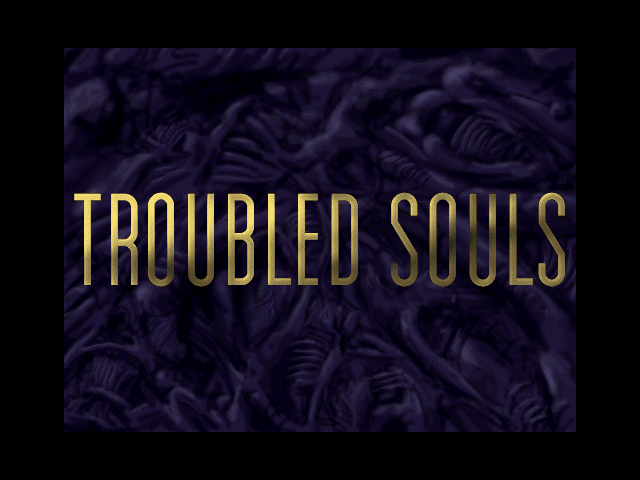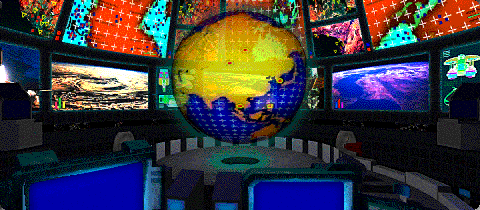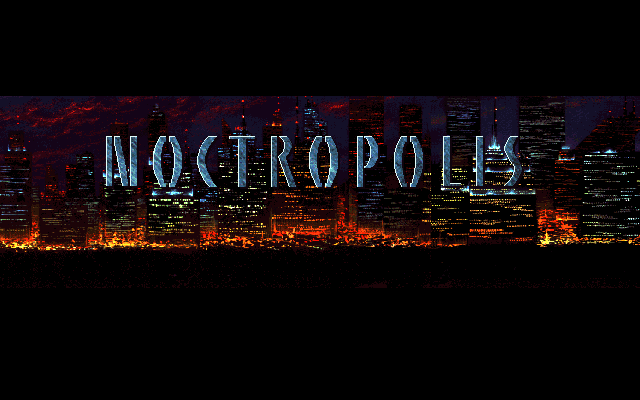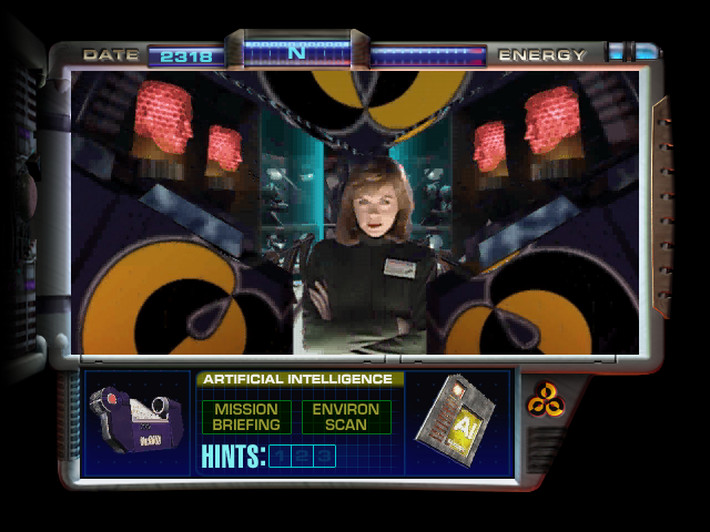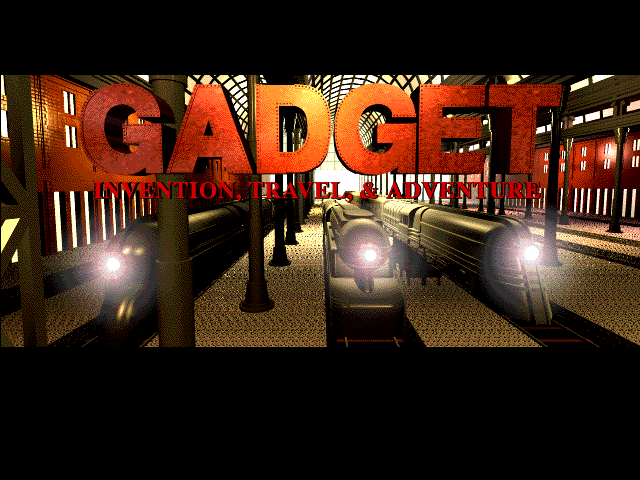The Obscuritory at MAGFest! 
I am impossibly excited to announce that I will be a panelist at the upcoming MAGFest 13 gaming festival!
MAGFest is the largest gaming event in the DC-Maryland-Virginia area, with attendance for 2015 expected to reach 15,000. I’ve attended MAGfest since 2012, and I’m unbelievably stoked to bring my obscure game-ery to the show this year.
Specifics like timing are still in progress, but I will be tentatively hosting a panel titled “Obscure Gaming Gems (and Why They Matter).” I’ll be talking about some great obscure games, but more importantly, I want to address why obscurities are important to the gaming discourse. I touched on it a little bit in an earlier essay: when we celebrate obscure games, we’re engaging gaming with an open mind and a curious spirit. It’s good for positivity and inclusiveness, and it makes the gaming landscape more exciting and critically engaging. There’s a lot to explore here, including the forgotten history of the Mac gaming scene, the works of Theresa Duncan, and – of course – Eastern Mind and its unlikely fan community.
I’ll be sure to post updates once we get closer to MAGFest 13 (January 23-26), but for now, I just wanted to share this exciting news. This is sort of a personal culmination of everything I’ve been working towards with this blog. I’m looking forward to spreading the good word about obscurities – and maybe even seeing a few friendly faces!
(If you plan on attending, please drop me a line so we can say hello!)
UPDATE: The official MAGFest schedule is out and has the panel slotted for 6pm on Saturday, January 24th, in the MAGES 2 room. It’s happening!


